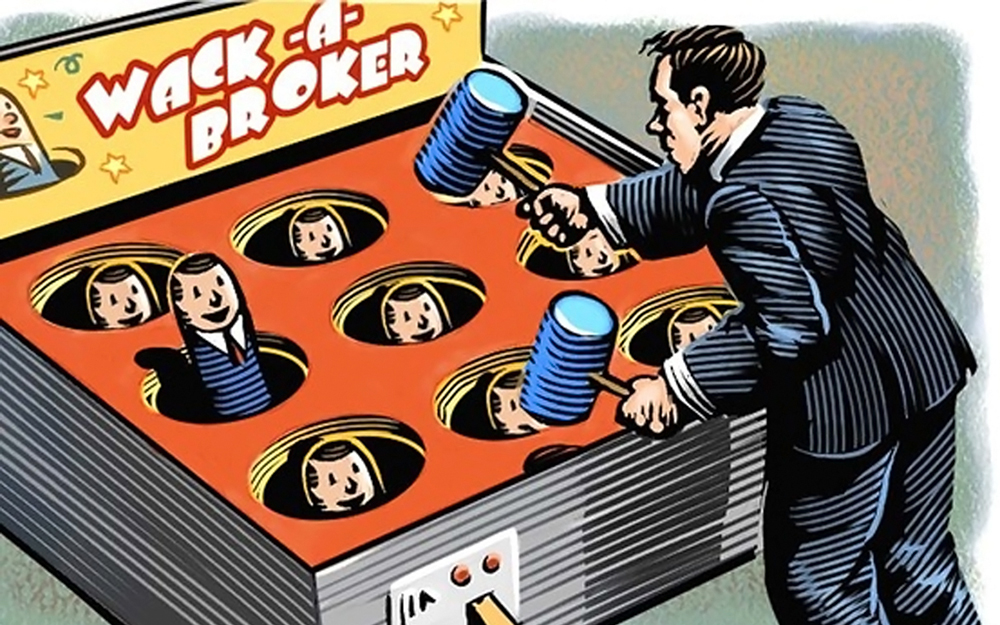
By Haddon Libby
Stock markets around the world have been on fire this year. Through September 30th, U.S. equity markets are up 14% while India is up 20%, Europe 21% and China a stunning 34%.
With such strong returns, has your 401(k) plan or investment account been keeping pace? Typically, the answer is ‘no’.
Let’s take a crash course at investing meant to help you get better returns:
Who Advises You?
If your investment advisor is also a broker, there is a real chance that they are making money from you that you do not know about. Brokers can mark-up many of the investments that they sell into your portfolio without your knowledge. If you read the disclosures that you get, there may be references to these hidden costs but that does not help you to know what they are charging.
To avoid the betrayal that hidden charges represent, use Registered Investment Advisors (RIA) who do not hold broker licenses. RIAs must disclose every penny that they charge while a broker does not. If you can find a RIA who is also a Fiduciary (like me), you have found the unicorn of the Industry in that only 6% of all Advisors are Fiduciaries. Fiduciaries differ from Brokers in that they must put your interests ahead of their own or risk fines and/or potential suspension. Go to BrokerCheck.Finra.org to see if your advisor is a RIA or Broker.
Investment Types
The dirty big secret of the investment industry is that many brokerage firms make money by limiting the number of mutual funds and investment choices available to you. They do this because the mutual funds that they want you to buy pay the brokerage firm money to be sold on the broker’s platform. This often means that you do not get the best performing or least expensive fund class.
I generally recommend that investors avoid Mutual Funds whenever possible as there are almost always better and/or less expensive ways to invest. When you have to use a fund in a 401(k) plan, use lower cost index funds. Brokers love mutual funds in that the fund can pay them money that never has to be overtly disclosed. Additionally, many funds pay 12b-1 fees to your advisor helping them to make more money without your knowledge.
Studies show that saving just 0.60% over the course of a lifetime can mean an additional five years of income in retirement. You may like your advisor but do you like them that much?
The way to avoid paying too much is to own individual stocks, bonds and Exchange Traded Funds (ETFs) where costs are low. While there are a few ETFs that pay broker’s back-end fees, they are the exception versus the rule. In addition to being less expensive, ETFs can be bought and sold throughout the day whereas Mutual Funds settle at the end of the trading day.
Get a Second Opinion
People are typically very loyal to their investment advisor. If you are not regularly checking your advisors work, you are making a big mistake that can cost you an awful lot. Once a less scrupulous broker knows that you are not checking on them, they often sell the less expensive investment choices and buy investments that pay them more.
Always get a second opinion – particularly if you trust your advisor or do not pay much attention to your savings. Hopefully, a second opinion will confirm that your advisor is looking out for you. Quite often, the second opinion shows where that trusted advisor has taken advantage of your trust.
For no-cost second opinions, call Registered Investment Advisor and Fiduciary Haddon Libby of Winslow Drake at 760.449.6349 or email him at HLibby@WinslowDrake.com. For more information, please visit www.WinslowDrake.com.










































